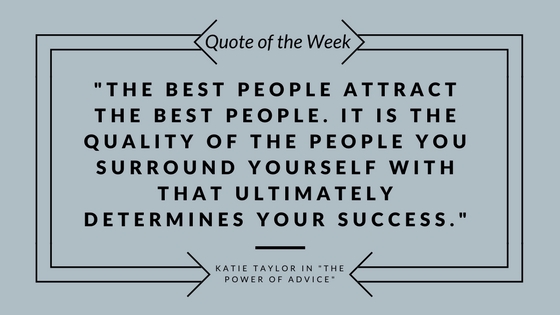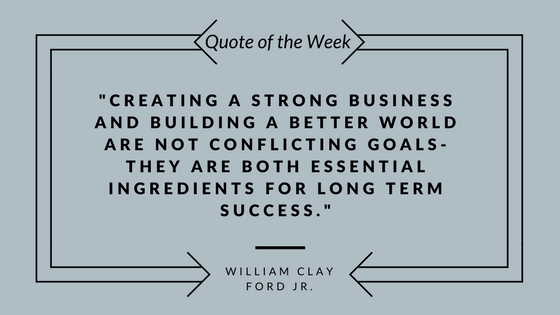Lessons from Ritz Carlton: When the Customer is Wrong
You’ve seen the sign – the one proclaiming that the customer is always right, even when they are wrong. How do I put this politely? MALARKEY
Sometimes our team members are right and when they are we need to stand up for them. My son worked for the Ritz Carlton hotel company for a number of years. They are legendary for focusing on their customer, or in Ritz Carlton language their “guest”. One day while working as a front desk supervisor he was in the office when he heard a guest berating one of the front desk agents. The guest was abusive and using inappropriate language and despite the front desk agent’s measured and polite tone the guest continued to escalate the confrontation. My son went to intervene and deal with the guest, but as he came out of the office the hotel’s general manager happened to come into the lobby. What happened next had a significant impact on my son, and his team at the hotel.
The general manager calmly introduced himself and began to apologize to the guest. Explaining to him that he was so sorry that they could not meet his expectations and that it would be his pleasure to help him find a new hotel that would meet his expectations. The guest began to back pedal, but the general manager was not moved from his position. He calmly, but firmly, escorted the guest out of the hotel.
After the guest had departed the general manager gathered the front desk staff and told them that they were ladies and gentlemen serving ladies and gentlemen. He would not allow them to be treated any less than that.
That encounter taught my son, and the front desk team at the Ritz Carlton some important lessons:
The boss had their back. The general manager communicated through his actions that his people were more important than a guest who was mistreating them. He not only stood up for them, but he stood in front of them, taking on himself their problem.
The boss reinforced the importance of the guest (customer). The general manager reinforced that the hotel team were ladies and gentlemen – whose mission it was to serve their guest. He didn’t give them a pass or a reason to mistreat or fail to serve a guest. Just the opposite, he highlighted the importance of the guest.
The boss preserved the dignity of the guest (customer). The boss dealt with the guest with compassion and took the blame for failing to meet his expectations. He did not treat the guest in the same manner that the guest treated the hotel team. He paid back rudeness with kindness.
The boss reinforced the values of his company. Part of Ritz Carlton’s culture is that they are “ladies and gentlemen serving ladies and gentlemen”. This is an important part of their customer service focus. It sets the standard for not only how the team interacts with the guest, but also how they interact with one another. By his actions and discussing this with his team he lived the values that the company espouses. This is how culture and values become alive in an organization.
The boss taught his team how to deal with confrontation. The general manager showed that you can be decisive, firm, and tough, without being a jerk. You don’t have to yell, curse, or become animated to effectively communicate when people fail to act responsibly or fall short of expectations.
The boss taught his team that on occasion you have to fire a customer. Sometimes customers are toxic to our business. They may demand a disproportional amount of our time. They may be rude or abusive. Their expectations may not be able to be met by us. Keeping them may be unprofitable to us. Sometimes the customer may be right, but wrong for us. When this is the case we need to act decisively as did the general manager at the Ritz Carlton.
Creating organizational cultures that win starts with a relentless focus on supporting your team. When teams know their leader has their back they are empowered to focus on the customer. As leaders it is our job to protect and support our people. Sometimes the customer is right, and our team members are wrong. When this happens we need to quickly acknowledge it, apologize to the customer, make it right with the customer, and address the issue with the responsible team member.
What do you think about standing up for your team when the customer is wrong?


